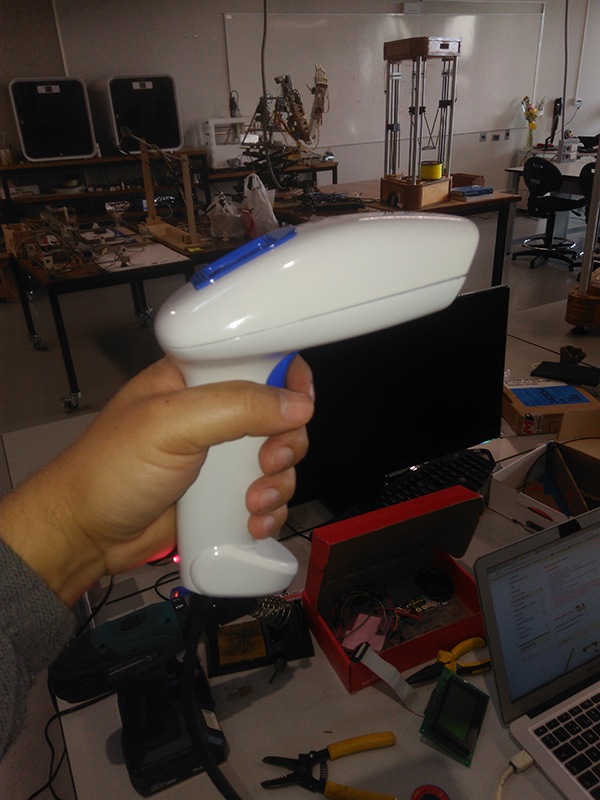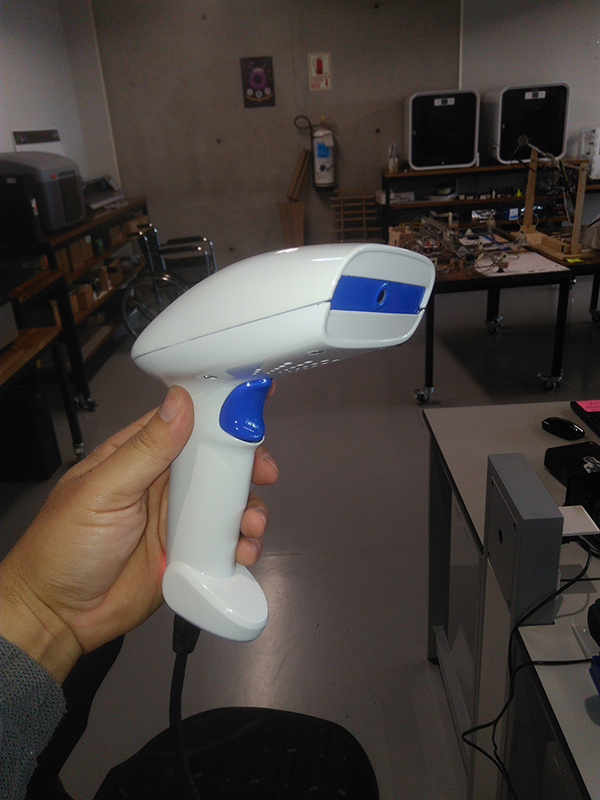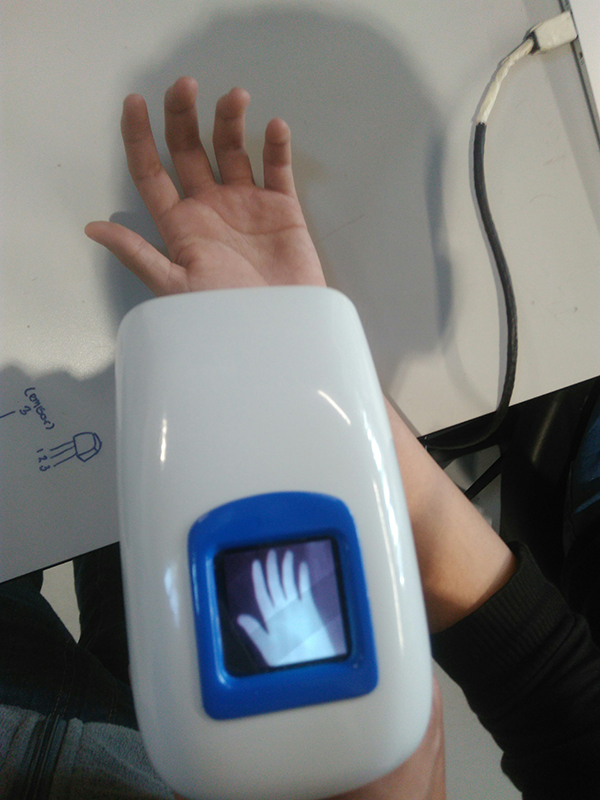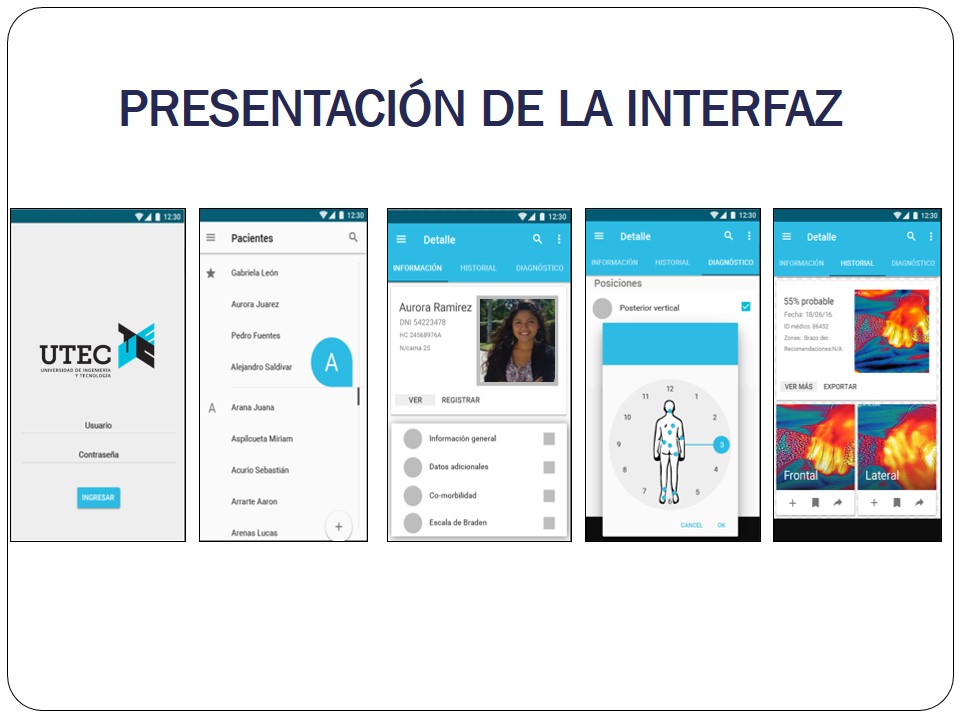Equipo portátil biomédico para detectar úlceras por presión por medio de termografia y machine learning
- Country
- Author/s
- Disciplina:
Product design
From the UTEC University of Engineering and Technology, a team was put together to create a device able of detecting pressure ulcers in an early, non-invasive and reliable way. The project proposes the design of a device and the development of interactive and continuous learning algorithms that will use the temperature of the patient's tissues and other significant variables, in order to objectively and with greater certainty, predict the appearance of pressure ulcers
Thanks to a previous telemedicine work to monitor and make patient decisions in chronic and palliative care, a problem could be detected in patients with limited mobility; pressure ulcers.
Juan Carlos Chávez es Licenciado en Diseño Industrial, ULA, Venezuela. Ha participado en proyectos de investigación, diseño y desarrollo con la NASA, CIP, 3M y AVON, entre otros. Participó en proyectos biomédicos y en el diseño y desarrollo del simulador marciano en conjunto con la NASA-CIP. Actualmente es docente de Bioingeniería en UTEC.




